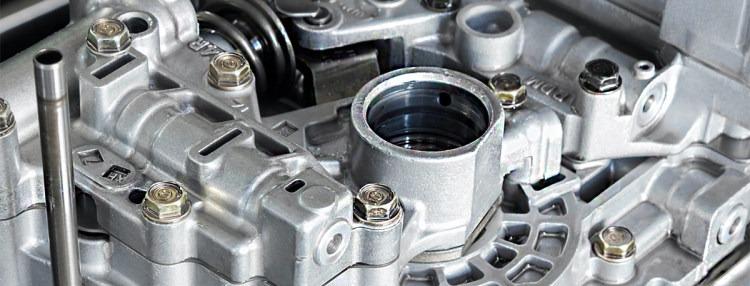What Are the Benefits of Using CNC Machining?

CNC machining, or Computer Numerical Control machining, offers numerous advantages over traditional machining methods, making it a popular choice in a variety of industries. Here is a detailed breakdown of its main benefits:
Accuracy and Precision
l Unmatched Consistency: CNC machines follow computer-controlled instructions, resulting in consistent and precise part geometries even for complex designs with tight tolerances. This reduces human error and ensures parts meet exact specifications, which is critical for applications requiring high precision.
l Repeatability: Once a program has been proven, it can be replicated for thousands of parts with the same level of accuracy, ensuring product consistency and quality control.
l Complex Geometries: CNC machining can easily handle complex shapes and features, such as curved surfaces, intricate details, and tight internal cavities, which are difficult or impossible to achieve with manual machining.
Efficiency and Productivity
l Faster Production: CNC machines operate at high speeds and can automate tool changes, resulting in significantly shorter machining times than manual methods. This results in faster production cycles, higher output, and lower per-part costs.
l Reduced Labor Costs: Automation reduces manual intervention, resulting in lower labor requirements and associated costs. Furthermore, consistent quality reduces scrap rates and rework, thereby optimizing resource utilization.
l Unattended Operation: CNC machines can perform repetitive tasks autonomously, increasing productivity and freeing up operators to focus on other tasks.
Versatility and Material Compatibility
l Wide Range of Materials: CNC machines can work with a variety of materials, including metals, plastics, wood, and composites, providing flexibility for a wide range of applications. Because of their versatility, they are suitable for a wide range of industries and projects.
l Customizable Production: CNC machining enables easy customization of parts and production runs based on specific requirements. This adaptability allows for diverse product lines, prototypes, and low-volume manufacturing.
l Complex Tooling: CNC machines can work with specialized tooling to create intricate features and geometries that manual machining cannot achieve.
Additional Benefits
l Improved Safety: Automation lowers the risk of operator errors and injuries associated with manual machining, thereby improving workplace safety.
l Data Tracking and Monitoring: Modern CNC machines frequently collect data on process parameters, tool wear, and machine performance, allowing for better monitoring, preventative maintenance, and process optimization.
l Reduced Waste: Optimized toolpaths and nesting techniques reduce material waste while promoting sustainability and resource efficiency.
To summarize, CNC machining provides a compelling combination of accuracy, efficiency, versatility, and other benefits, making it an invaluable tool for a variety of industries. Whether you need high-precision parts, short production runs, or complex geometries, CNC machining can deliver exceptional results while saving money and resources.
- Art
- Causes
- Crafts
- Dance
- Drinks
- Film
- Fitness
- Food
- Jeux
- Gardening
- Health
- Domicile
- Literature
- Music
- Networking
- Autre
- Party
- Religion
- Shopping
- Sports
- Theater
- Wellness


